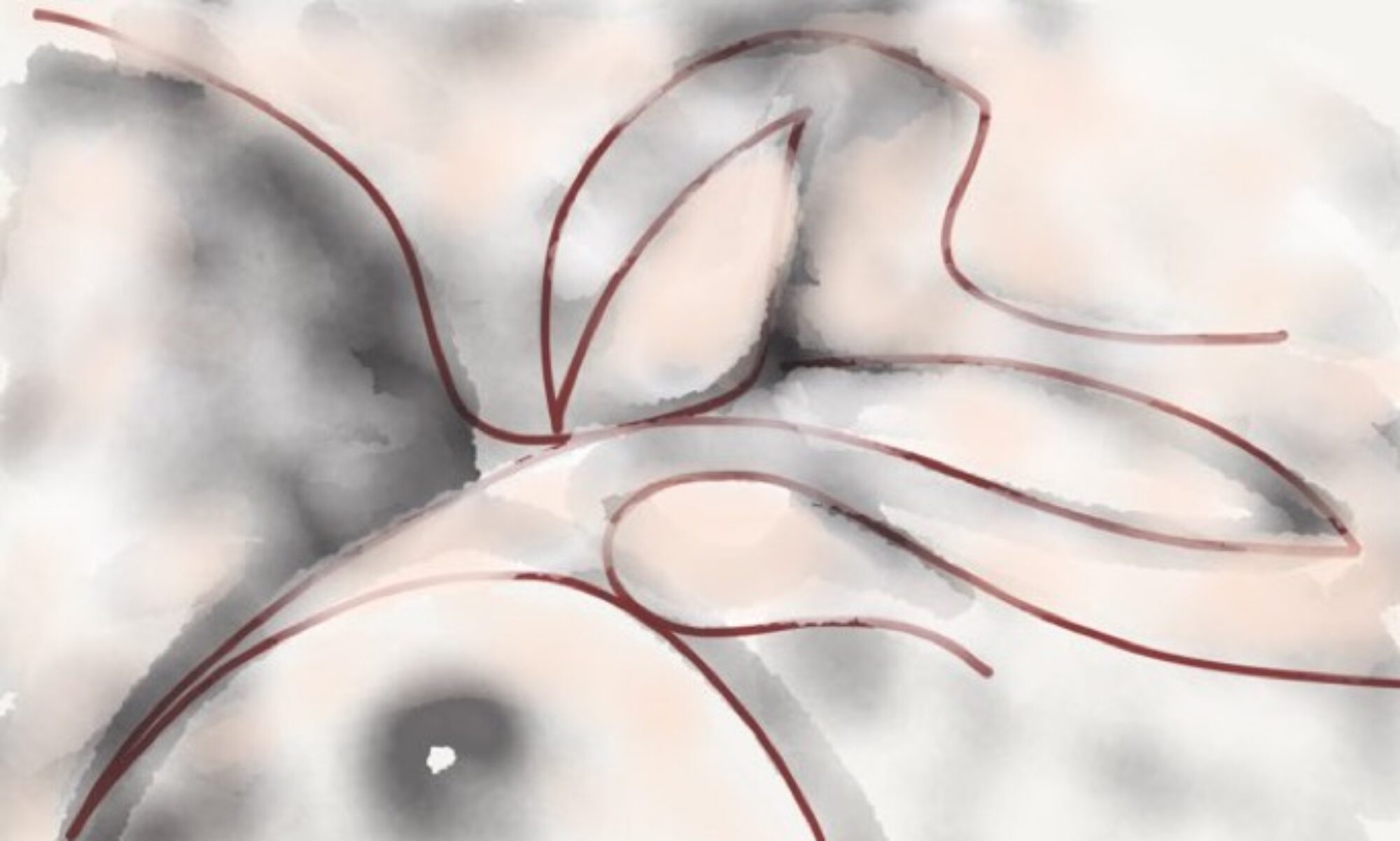My Dear Chun
i appreciate your comments on the propensity for innovation in a given region. Have attached a few papers, read them at your leisure. more can be found at sristi.org/anilg
let me respond briefly:
a) i agree that any one can innovate, but different people have varying propensity to innovate in different sectors and areas. For instance in economically backward regions, if households depend upon livestock or collection of forest products or some such system of survival, it is natural that then they would deepen their knowledge about that resource and variation underlying that. Thus they may have deeper knowledge about taxonomy of livestocks breeds or may have ability to distinguish better or more productive animal from less productive animal, that is inevitable, is not it?
b) not all people in any region will have similar knowledge. Asymmetry will imply that some are more sharp observers than others. It is same in your class after all.
c) now, some will just have what we call traditional knowledge and some will make improvements in traditional knowledge. those who make improvements may qualify to be called as innovators.
d) in developed region, there are always some sectors in which development may be not advanced as others. Constraints in those sectors may generate possibilities of innovations. But in general, i must assert that in such regions, one finds less grassroots innovations( may be pioneering and entrepreneurial youth in- migrate from other regions and they may really be more innovative. We have found evidence of traditional knowledge being used in every day life in districts in which dairy sector is most advanced in India and where infrastructure is also very strong. So innovations may not be tried only by poor is right, though exceptions are fewer.
e) one of the aspect of our work which has remained less appreciated is that many innovators do not know that they have done innovation. till a context is created. if you take some posters with you about innovations form different regions of China and India, then ask local people, they might really be able to then re look at their own repertoire.
f) economic background may not always be a good predictor of propensity to innovate though at macro level, i have suggested that in moderate developed regions, innovations may be maximum. it is bell shaped curve in which both extremely developed and extremely poor regions lack enough individual unaided, or unattached and non-institutional innovator
i hope this helps take the discussion forward. pl discuss with your class fellows and let me have their reactions
anil
春 王 wrote:
Mr anilg,
Hello!
First, please allow me to introduce myself to you .I’m a student of tianzing university of finance and economics and the major i am studying now is marketing.
Several days ago,Mrs zhang(Liyan zhang) held a meeting with us.She told us the issue between you and her .At the same time ,she gave us your email address and asked us to send email to you about what we think .I feel so lucky to have this chance to communicate with you.
In my opinion,the compulsion to innovate is weak in the regions which are most prosperous or necessitous.Because,what the poor(most poor) only can do is to support their family,they have no cost to do the innovation.And,the rich(most rich) need to innovate nothing.What they care about is how to use the expensive and advance things(usually those things are ready made).
My hometown is a very remote village with a delayed economy.In your opinion,the poor have desire to innovate strongly.But,in fact,the poor in my hometown usually have no interests in innovating.The tools and means to produce food are following old conventious.On the other hand,how about the rich,i think the result will be amazed.The rich dislike to do any physical work ,because all things have been done for them.As for innovation,they don’t know nor do they care.
So,here comes out a question:Who are the active innovators?Actually,it is self-evident.The secondary economic community did the most innovations.And,here i must to explain that those people like to do innovating usually have high knowlege,they know how to do more things but
cost less than other people.
I’ll return my hometown in winter vacation this year.I will have some tallks with my seniority
relatives ,by this way,i think i can learn more ,and write up those things what Mrs zhang(Liyan zhang)
has told us to get.
Many thanks!
May you be happy at your future work!
Chun wang
2006.11.15
